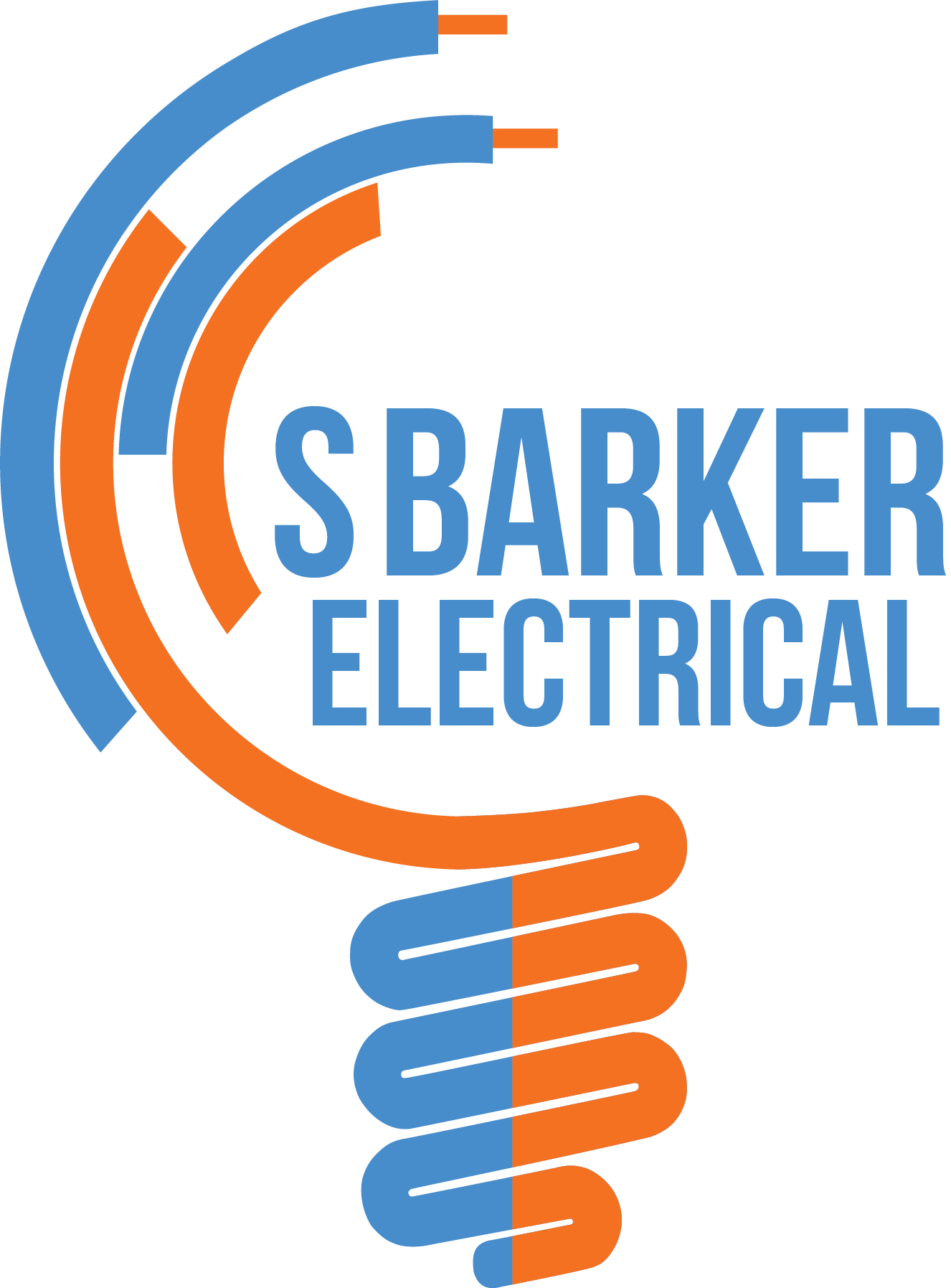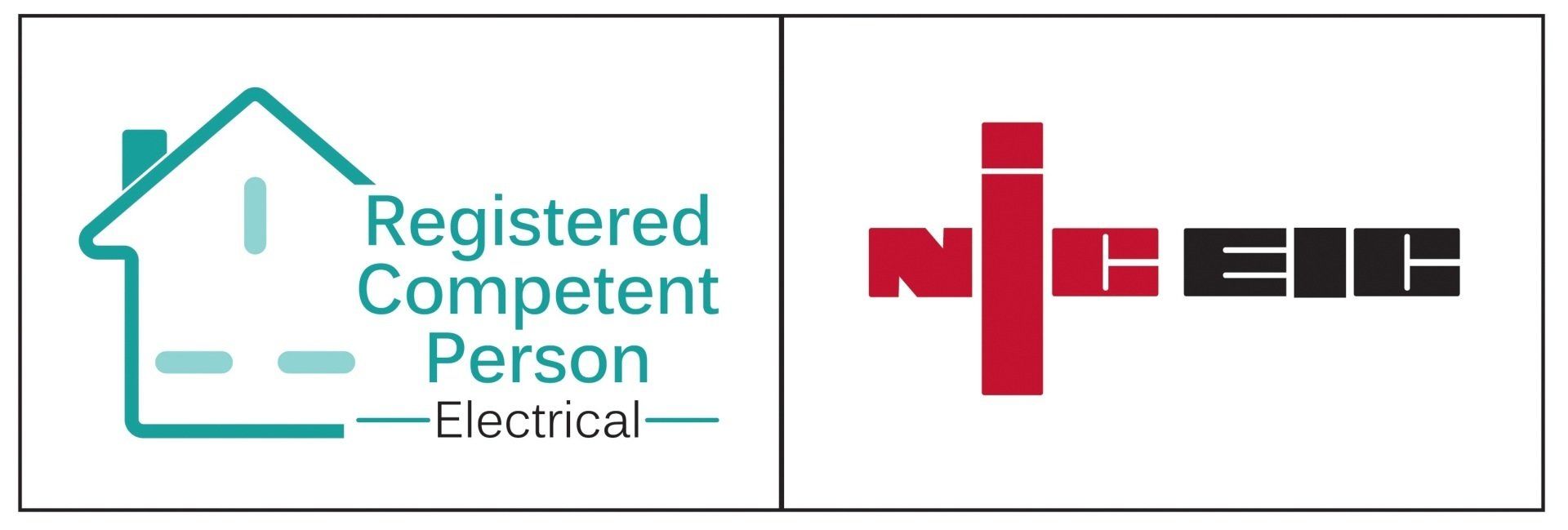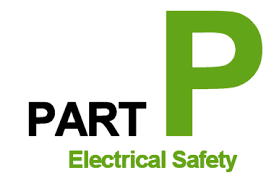Are the electrics safe in my new home?
Are you a homeowner in Leeds, thinking about moving house? Perhaps your family has outgrown your current home and you are considering buying something bigger? One of the questions you will need to ask yourself is are the electrics safe in my new home?
As we all know, moving house can be very stressful with so many different things to think about:
• Mortgage and insurance
• Extra costs – legal fees, stamp duty, survey
• Neighbourhood
• Nearby amenities and schools
• Can we afford it?
With so much on your plate, it is easy to overlook the condition of the electrics in your new home. In research carried out by the charity Electrical Safety First, they found that only 37% of buyers had the electrics checked when making an offer on a new home.
Furthermore, 20% of buyers mistakenly believed that electrical checks in a domestic dwelling were included as part of the survey – which they are not!
Worryingly, almost half the buyers didn’t realise that electrical checks were needed at all, so the question, “are the electrics safe in my new home?”, hadn’t even crossed their minds!
If you are not sure where to start, read my blog about how to book an electrician in Leeds Or simply call us at S Barker Electrical to book an electrical inspection of your new home and we will make sure the electrics are safe and working as they should be.
As a registered electrician with more than 34 years’ experience, you can be sure of a safe pair of hands for this service. Our comprehensive report will detail whether everything is working properly or any concerns or faults we find, so you are fully informed before you exchange contracts. Make sure you have peace of mind for your family’s safety by contacting us with your requirements or simply book using our online calendar.
Are the electrics safe in my new home? - The EICR
When buying a house, it is important to remember that the condition of the electrics is not covered by a survey. It needs a separate Electrical Installation Condition Report (EICR) so you can be sure that the electrics are safe, before you sign the final contract. An EICR costs a couple of hundred pounds, but a full rewire can cost many thousands, so surely it makes sense to get the electrics checked alongside your survey? If any faults are found, you can make it a condition of sale that they are fixed, just like you would with anything found by a survey.
So, what is an EICR, and what should be covered as part of the electrical checks?
The EICR provided by your registered electrician will detail everything you need to know about the condition of the electrical circuits in your new home. The electrician will check:
• The age and condition of the fuse board or consumer unit
• Whether the fuse board or consumer unit has a residual current device (RCD), so the circuit is tripped if overloaded or when a faulty appliance is switched on?
• The condition and age of electrical wiring
• The plugs and sockets for damage or scorching and to make sure they work properly
• The condition of light fittings – are they correctly installed?
• Any permanent electrical appliances such as extractor fans in the kitchen/bathroom, or electric showers for faults and signs of wear
In short, the EICR is a sort of survey for electrical circuits. The registered electrician will check that the electrics are safe, working properly and in good condition. The EICR will outline any maintenance required along with any recommendations.
Reasons to check the electrics in your new home
Although it isn’t a legal requirement to carry out an EICR when buying a new house, because you need the answer to the question are the electrics safe in my new home?, there are a number of reasons why it would be a good idea to do so
• The safety of your family
• Your peace of mind that all those tick boxes have been crossed off before the move
• The cost of expensive repairs, such as a full rewire.
The average cost of electrical repairs after moving house is £1,704 (according to research undertaken by Electrical Safety First)
• Your mortgage lender may require a separate electrical check alongside the survey
• Your surveyor may recommend you obtain an EICR, depending on the age and condition of the property
• There may have been extensive remodelling, refurbishment, or alterations to the original house, which have required additional electrical installations
(Please see the following section about Part B Building Regulation Certificates)
• It may be a requirement for buildings’ insurance
• It will give you a clearer picture of what you are buying, and if you suspect it may be a ‘money pit’, you will be able to pull out of the sale before you have fully committed
• You may be able to renegotiate the price if remedial work is recommended, or even make the repairs a condition of sale
However, if you are moving to a new build in Leeds, it is worth noting that this should already have an electrical installation certificate (EIC), which should be issued by an electrician installing a new electrical system. Therefore, in this instance an EICR is not required.
Are the electrics safe in my new home? – Seller’s obligations
Unfortunately, the seller is under no obligation to provide an EICR to prospective buyers except under certain circumstances. In England, a Part B Building Regulation Certificate should be provided by the seller if the electrical wiring in their home has been altered or extended since January 2005. This certificate is required to show that any new electrical installations meet certain standards put in place to protect people from fire and electric shocks. It requires that all new electrical work (except minor alterations such as installing an extra socket, for example), must be either:
• Carried out by an electrician registered with a Government-approved scheme
• Or, reported to the building control department of the local authority
The rules for Part P changed again in 2013 and now cover:
• The installation of a new circuit
• The replacement of a fuse board or consumer unit
• Any alteration or addition to an existing circuit in a ‘special location’ such as a bathroom, swimming pool or sauna
So, it is worth asking the seller to provide a Part B Building Regulation Certificate if their property has had a ground floor extension or loft conversion, has had internal walls removed or been reconfigured in any way, or been rewired/had the fuse board replaced.
If you are moving home in Leeds and you are wondering are the electric safe in my new home?, don’t take any chances with your family’s safety. Call us at S Barker Electrical to arrange an electrical inspection of your new home or book using our online calendar to coincide with your survey, before you sign on the dotted line. It could save you money and aggravation, and even protect your family from harm. A full EICR from S Barker Electrical will give you the peace of mind that the electrics in your new home are safe. Priceless.
SEE ALSO:
When should I Replace the old Fuseboard?
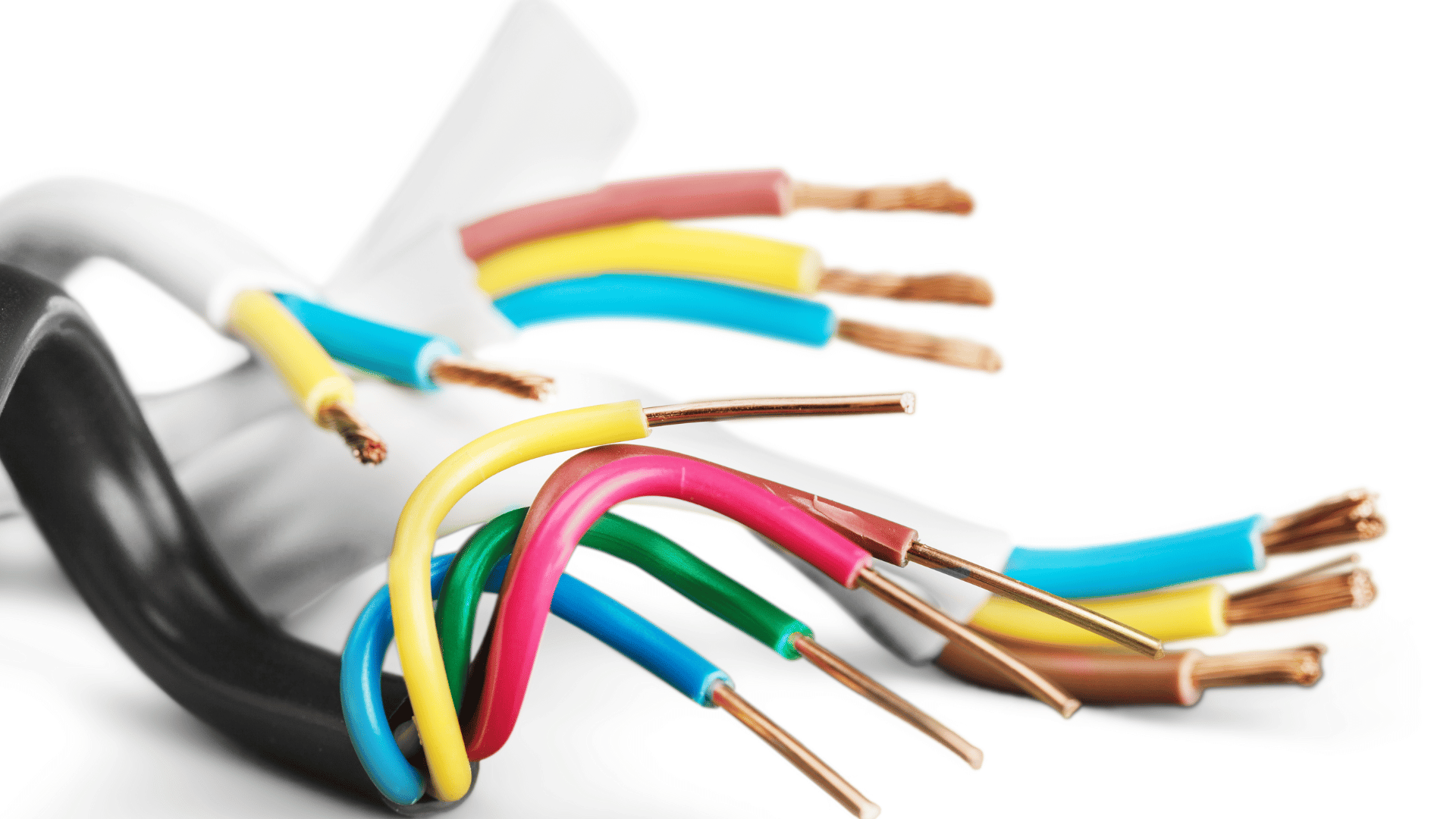
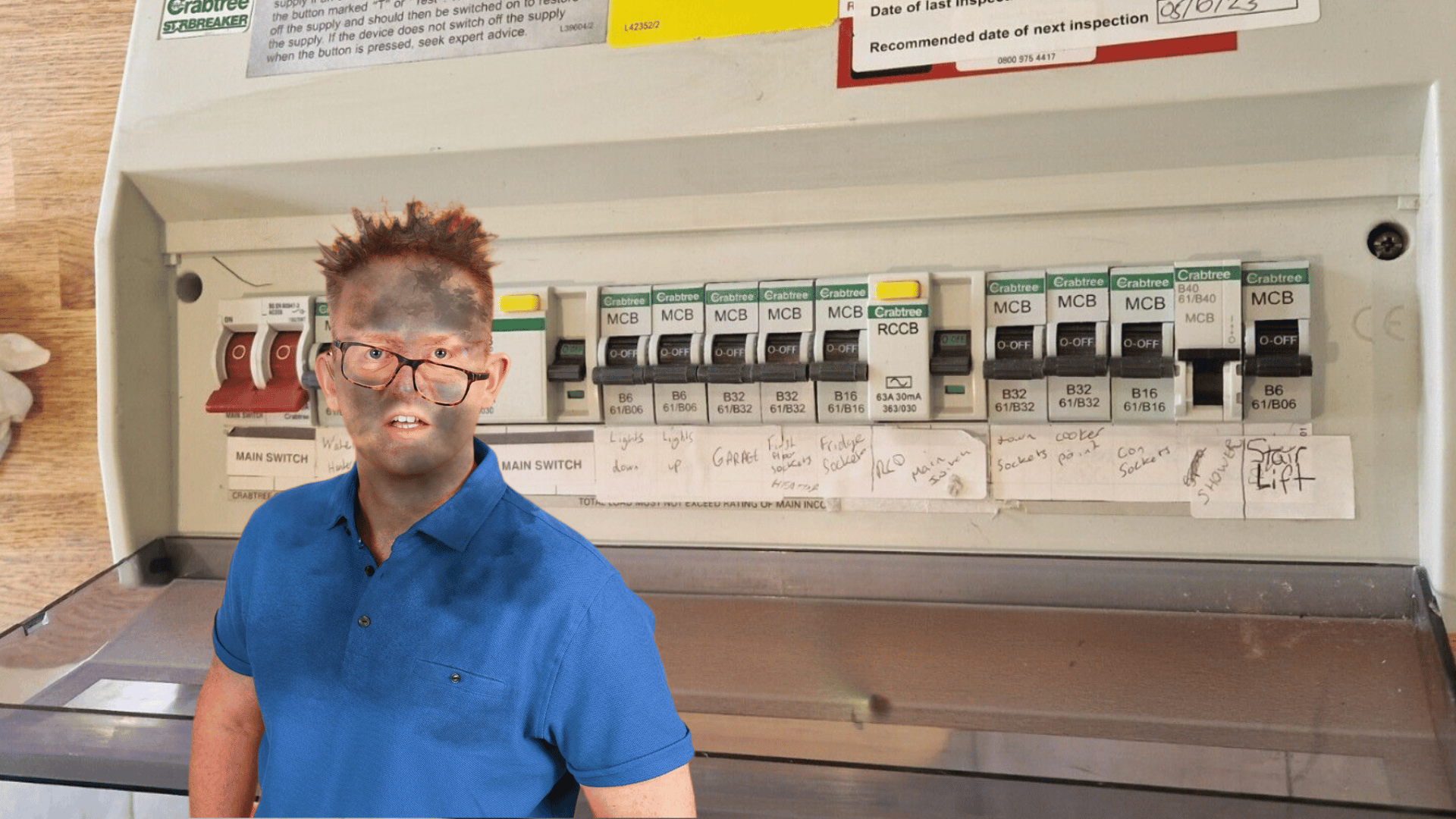

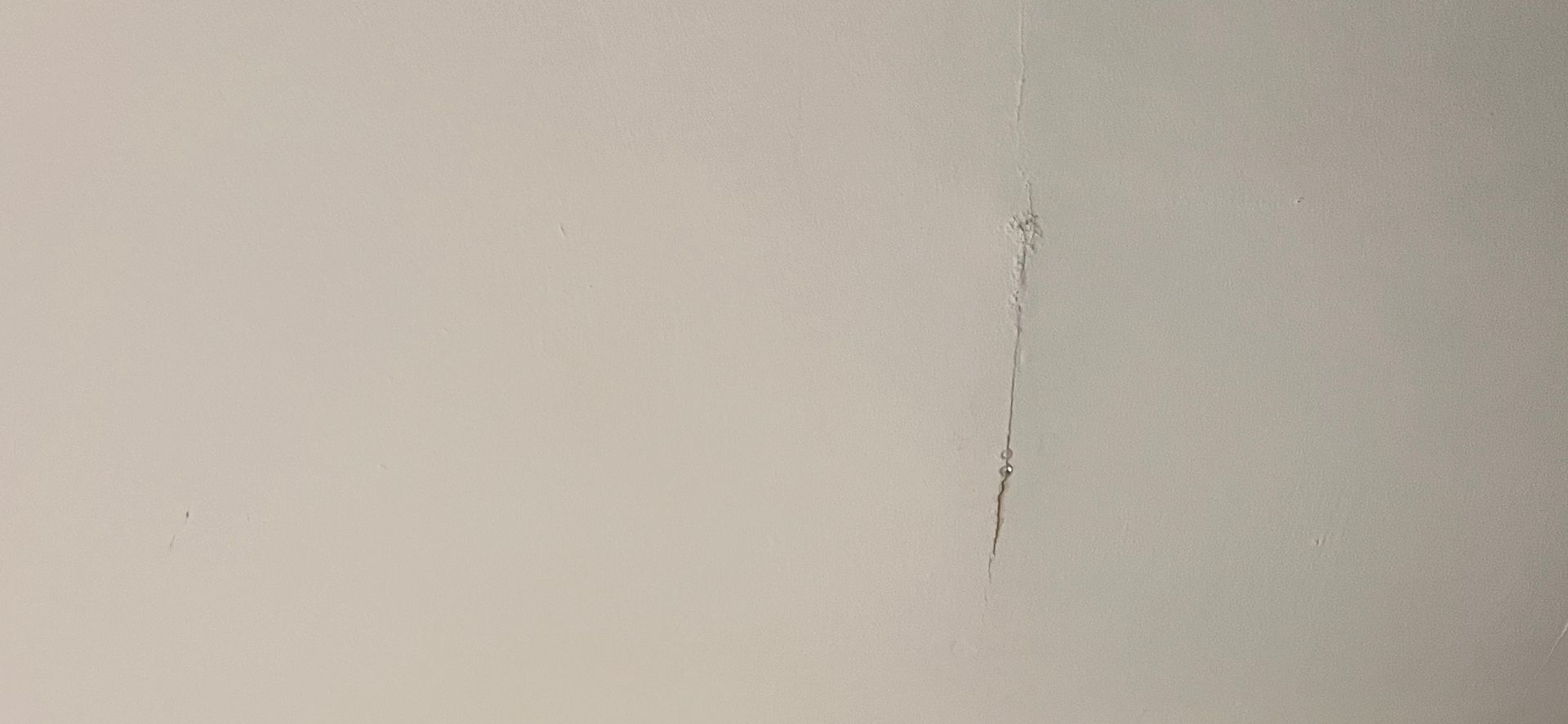





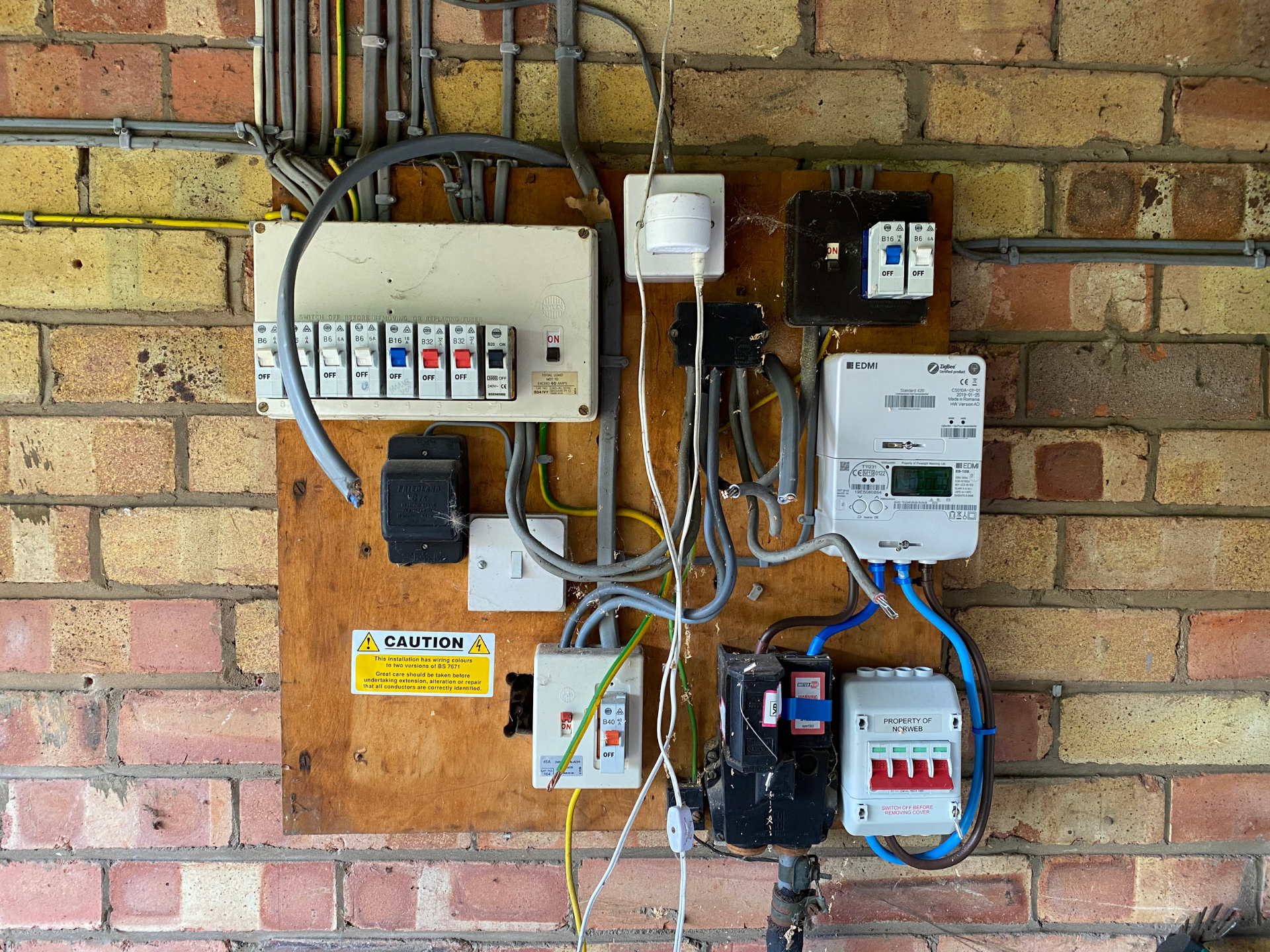
QUICK LINKS
CONTACT INFO
S Barker Electrical Ltd
838 Ecclesall Road,
Sheffield
S11 8TD
Tel: 0114 419 0020
VAT Registration No: 228710512
THE LEGAL STUFF
QUICK LINKS
CONTACT INFO
S Barker Electrical Ltd,
838 Ecclesall Road,
Sheffield
S11 8TD
Tel:0114 419 0020
VAT Registration No: 228710512
THE LEGAL STUFF
S Barker Electrical Ltd | All Rights Reserved | Number 6336958. Registered in England and Wales
